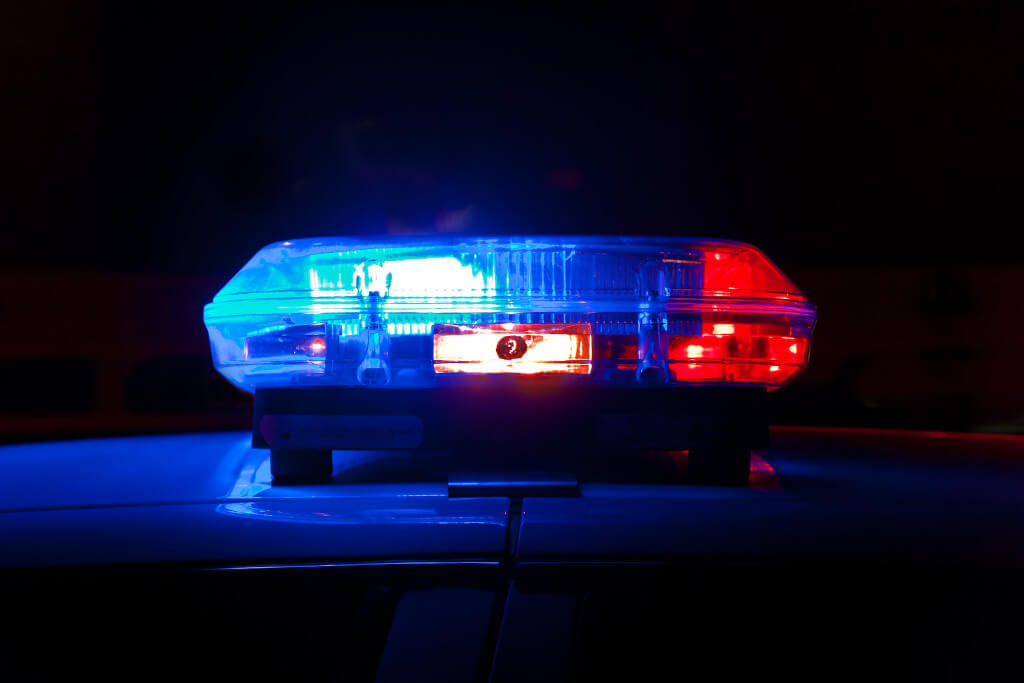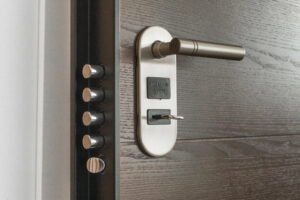As the armed security industry in South Africa keeps expanding, so too does the role that it plays in safeguarding companies and the consumers that those businesses serve. There are currently a significant number of more private security personnel than law enforcement officers working across the country: just over 182,000, compared to over 560,000 employees working in armed response positions. In practical terms, this equates to a ratio of one police officer for every 413 people inside the population, whereas the ratio of private security personnel to population members is one security officer for every 106 people. This article delves deeper into the factors that contribute to the growing significance of armed response and private security agencies in South Africa.
The Ever-Increasing Requirement for Armed Response Services
Within the realm of private security options that exist in South Africa, the armed response is among the most frequently utilized options. Armed response teams offer a prompt and efficient answer to any security concern, enabling individuals to protect themselves, their families, and their property, as well as enabling businesses to protect their employees as well as their consumers.
These teams are often able to respond more quickly than police officials, which means that they can frequently arrive at the scene before a criminal has had the chance to flee or cause any additional damage. Even though armed response teams aren’t authorized to make arrests, they can notify the proper authorities and assist in keeping the situation under control until an official backup arrives.
Organizations Specializing in Private Security
When it comes to selecting a provider, businesses and individuals in South Africa have a plethora of options available to them as a result of the high number of licensed personal security firms in the country. Before making a choice, it is essential to take into account all of the relevant aspects, such as price, level of service quality and experience, and so on. Doing so will guarantee that the maximum degree of security is afforded to your home or place of business.
The installation and upkeep of CCTV surveillance technology, in addition to systems for access control for buildings and vehicles, are among the additional services offered by the majority of private security companies today. It is also beneficial to seek the guidance of nearby residents, as some businesses have a larger “footprint” in certain neighborhoods, giving them a deeper understanding of the people who live there as well as the companies that operate there.
Costs of Armed Response on an Average Basis in South Africa
Although prices will likely go up in the new year, the typical monthly charge of armed response for your residence can range anywhere from R400 to R800. This price is determined by the location in which you live as well as the additional features (such as alarm systems) that you opt to incorporate as part of your bundle. The rate is typically marginally higher for commercial enterprises, though it falls within the same general parameters as before.
The Restrictions Placed on the Use of Force in South Africa
Conventional armed response agencies have several drawbacks, one of which is that your protection is typically restricted to the site of your home or place of business, as well as the officers who work for the security company with which you have a contract.
The Prospects for the Growing Private Security Sector in South Africa
The rapid expansion of South Africa’s private security industry can be attributed to the effects of Covid-19. Our industry is comprised of more than 9 000 listed firms, approximately 1.5 million skilled guards, and approximately 450 000 registered active private security guards at present.
A significant number of these people are also likely to be members of the merged South African police and army. Observing, protecting, armed response, escorting, investigating, and other security-related services are provided by the private security industry in South Africa to individuals and businesses across the country.
The Control of South Africa’s Private Security Industry
By the provisions of Section 2 of the Private Security Industry Regulation Act, the Private Security Industry Regulatory Authority (PSIRA) was established in the year 2002. (Act No 56 of 2001). The Act and the regulations that have been issued by the Act are the sources from which this Authority derives its strategic direction.
The objective of the Authority is to adequately protect the constitutional rights of all citizens to life, security, and honor through the intelligent marketing and strategic planning of the private security sector. One of its primary focuses is on establishing regulations for the private security industry. Advancing the development of a lawful private security sector that operates by the principles outlined in the Constitution and any other laws that may be applicable. Encouraging the development of a private security sector that is open, competent, responsible, egalitarian, and easy to access.
Keeping Up With the Current Trends
In the recent two years, our nation has witnessed a rise in the number of violent occurrences as well as criminal acts as a direct response to the consequences of the Covid-19 pandemic. This has resulted in the tightening of security precautions as well as the development of new approaches, strategies, and solutions for safety and protection.
Consequently, the Private Security sector in South Africa is now increasing quite quickly, and it appears to be supplying more and more work opportunities to citizens despite South Africa having some of the highest levels of unemployment recorded in our country.
Over the last eight years, there has been a rise of 14% in the number of licensed active security personnel in addition to a rise of 33% in the number of registered armed guard companies. Because of all these shifts and incidences, our Private Security Sector has been forced to adjust to new pattern forecasts to make the country’s future safer.
The Difference Between Physical and Cyber Security
We are living in an increasingly digital era, which means that an increasing number of people are employing the use of personal digital devices and investing in these devices. In today’s world, criminals are more likely to steal from their victims online than they are in the business world.
Because confidential information is now stored online, in what is known as “The Cloud,” security contractors have been compelled to devise elaborate strategies to safeguard the data of their clients and interact with IT infrastructure. At this point, we are witnessing a blurring of the lines between the requirements for both physical safety and internet security.
Drones are In Demand
Upgrades are being made at security companies, and now they are employing drones to hunt down felons, particularly in suburban areas. On the other hand, due to monetary limitations, not all businesses and departments have access to such cutting-edge technology. Drones are prohibitively expensive tools that present several obstacles to the industry’s ongoing digital transformation.
Obstacles Presented by Compliance
In the private security industry, compliance will always be one of the highest priorities, especially in light of the growing number of cybersecurity concerns. When it comes to fully complying with all of the requirements, businesses have to take into account not only the Personal Information Protection and Electronic Documents Act (PoPI Act), but also the General Data Protection Regulation (GDPR), the Data Security Standard (DSS), and the Payment Card Industry (PCI).
In the coming years, there must be a greater emphasis placed on education here. Everyone in an organization, not just those working in IT, must be tracked and made aware of the importance of maintaining their security at all times. Cybersecurity is no longer seen as simply an IT problem.



